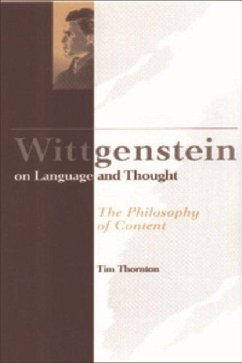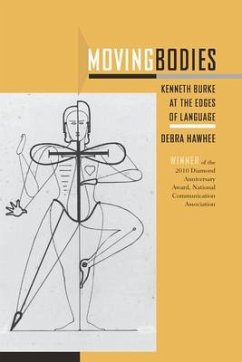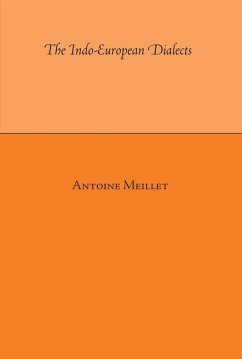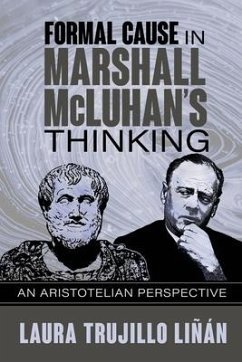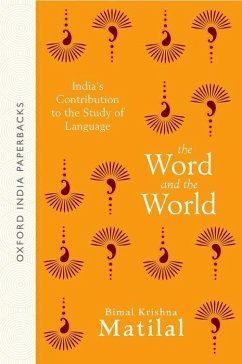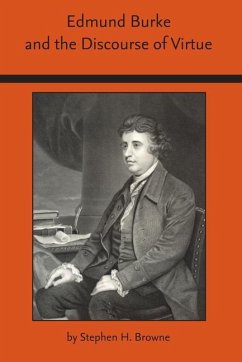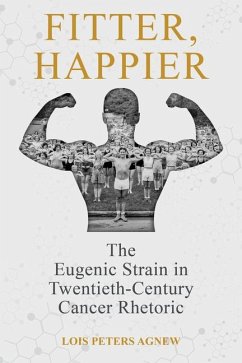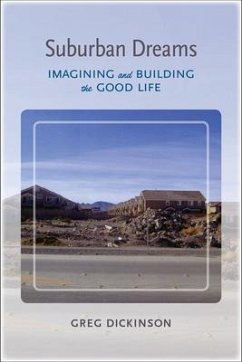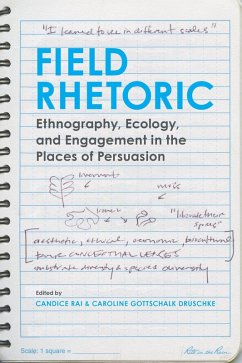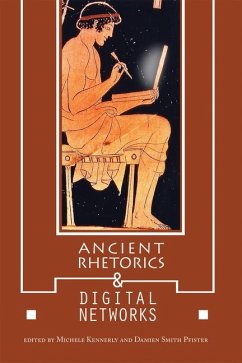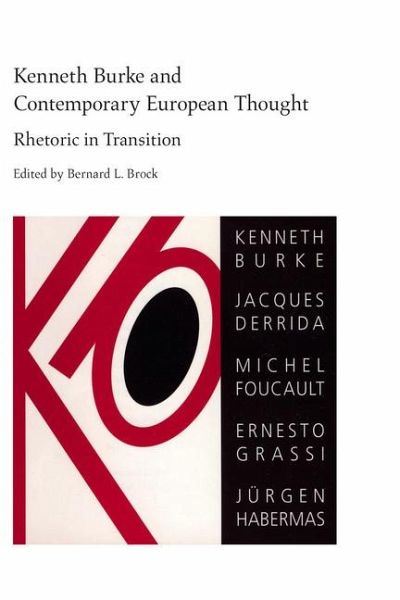
Kenneth Burke and Contemporary European Thought
Rhetoric in Transition
Herausgeber: Brock, Bernard L
Versandkostenfrei!
Versandfertig in über 4 Wochen
33,99 €
inkl. MwSt.

PAYBACK Punkte
17 °P sammeln!
Kenneth Burke and Contemporary European Thought reflects the present transitory nature of rhetoric and society. Its purpose is to relate the rhetorical theory and critical approaches of American critic Kenneth Burke to four major European philosophers - Jurgen Habermas, Ernesto Grassi, Michel Foucault, and Jacques Derrida - as they discuss the nature of language and its central role in society. Supporting transitory forces in society, all these thinkers reject traditional, scientific, objective, reductionist thought and point to language or symbols as the basis for understanding experience and...
Kenneth Burke and Contemporary European Thought reflects the present transitory nature of rhetoric and society. Its purpose is to relate the rhetorical theory and critical approaches of American critic Kenneth Burke to four major European philosophers - Jurgen Habermas, Ernesto Grassi, Michel Foucault, and Jacques Derrida - as they discuss the nature of language and its central role in society. Supporting transitory forces in society, all these thinkers reject traditional, scientific, objective, reductionist thought and point to language or symbols as the basis for understanding experience and knowledge. Burke, Habermas, and Grassi approach language by establishing global theories. In contrast to these global approaches, Foucault and Derrida attack language and the human situation microscopically. Michel Foucault examines "discursive practices" to discover relationships among the concepts of rhetoric, knowledge, and power. Derrida focuses on the methods of difference and deconstruction because he believes human beings are trapped by their own language, which inherently carries multiple meanings that need to be unpacked or deconstructed.



